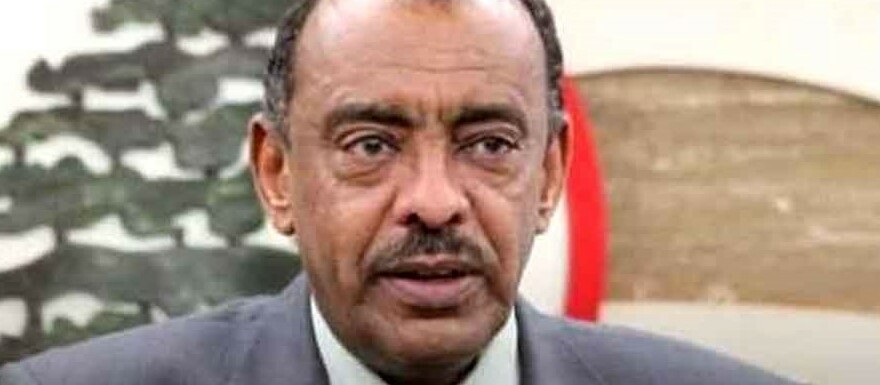South Sudan’s parties to the revitalized peace agreement have agreed to extend the transitional coalition government period, the chairperson of the IGAD Council of Ministers said.
President Salva Kiir and opposition groups signed a peace agreement in 2018 that ended five years of civil war. But the provisions of the agreement remain largely unimplemented, and the parties placed February 2023 as the end of the transitional period.
The peace deal that binds the parties in a transitional unity government encourages authorities to hold general elections before February 2023.
Citizens and the international community have long hoped a vote would usher in a democratically elected government in the world’s youngest country.
“In Juba, I met with President Salva Kiir Mayardit, First Vice President Dr Riek Machar and Vice President Hussein Abdelbaqi. The meetings I have had focused on the progress made in the implementation of the peace agreement and the challenges,” Ali Al-Sadiq, the Acting Sudanese Minister of Foreign Affairs, told Radio Tamazuj in an exclusive interview in Juba Wednesday morning.
Al-Sadiq, who is also the Chairperson of the IGAD Council of Ministers, said he discussed with South Sudan leaders the possibility of extending the transitional government lifespan, as the conduct of general elections requires preparations.
“The remaining period is not enough for the elections to take place, so the idea to extend the transitional period came up during the discussions. This is what the parties have agreed on, and the president will announce it,” al-Sadiq said.
According to the top Sudanese diplomat, the extension of the transitional period will give the transitional government ample time to implement critical tasks of the peace agreement that will create a conducive environment for elections.
The agreed extension period remains unclear.
US support for peace
When asked to comment on the US administration’s decision to suspend funding to the security mechanisms of the South Sudan peace agreement, the Sudanese official said, “The US decision was unfortunate, and we talked to the US chargé d’Affaires in Khartoum about it so that they can reconsider the decision, but they informed us that the decision was final.”
However, al-Sadiq said the African Union (AU), the Inter-governmental Authority on Development (IGAD) and other partners would try to mobilize funds to support peace mechanisms in South Sudan.
“So we need to move so that we try to fill the gap left by the United States. We also need to prove to the world that it is not necessarily that we rely heavily on Western support, so this is what we are trying to do in the IGAD,” al-Sadiq said.
Sudan-South Sudan relations
The Sudanese minister affirmed that the relations between Sudan and South Sudan are close and strong, pointing out that it is important for the two countries to open border crossings to enhance trade.
“There is an agreement on the opening of border crossings and there are no any reservations on this matter. However, there are some logistical complications at the borders and both sides are working to remove the hurdles in the near future,” he said.
According to al-Sadiq, there is a standing policy in Sudan that citizens from South Sudan should be treated as Sudanese in all walks of life in the country.
“If something contrary to that has happened, it is not a government policy, we consider it as an isolated case,” he concluded.




